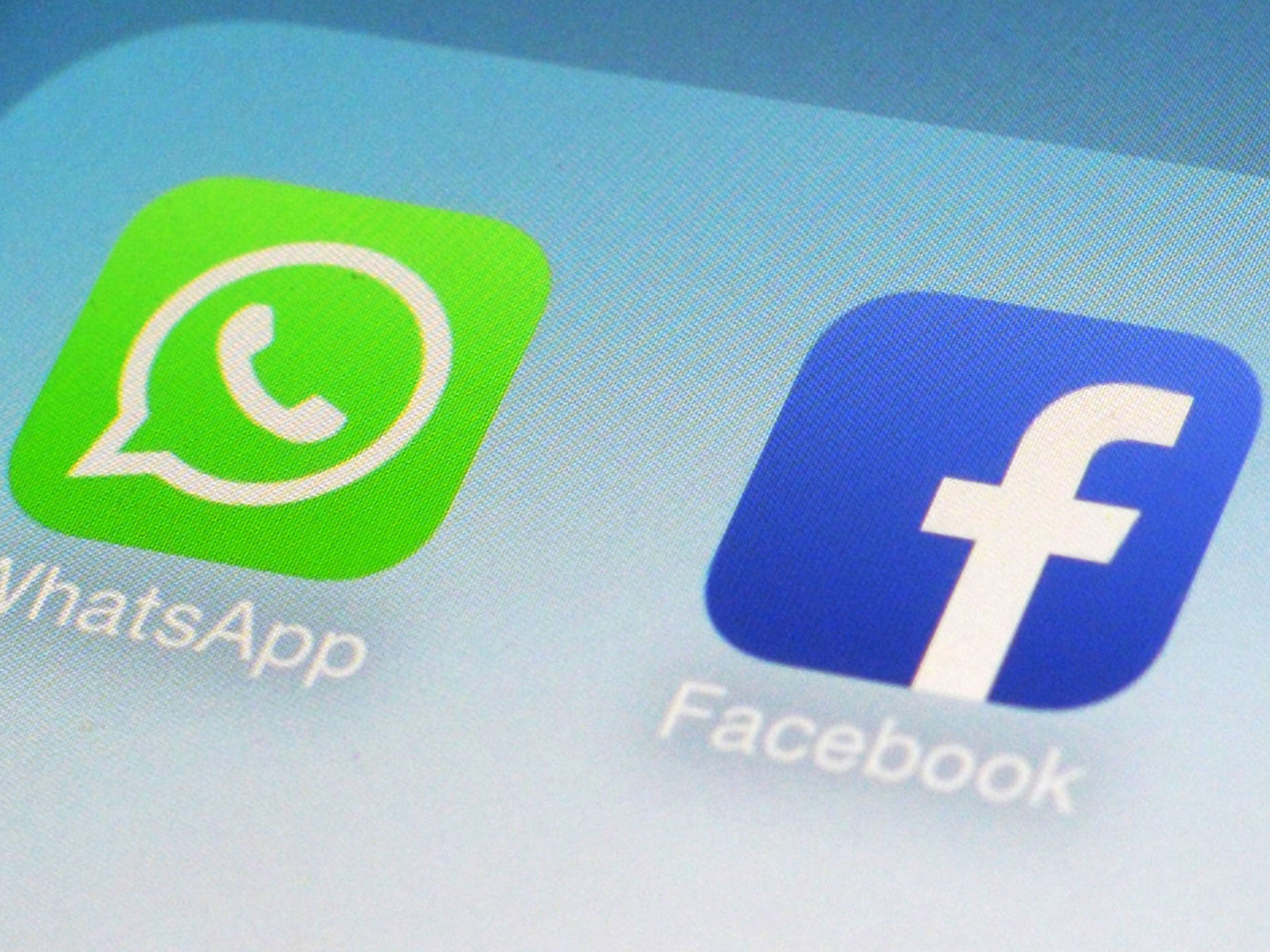So what is WhatsApp? Meet the messaging app that Facebook bought for $19bn
450 million users were just bought for roughly $42 a head - but what does WhatsApp do anyway?

Your support helps us to tell the story
From reproductive rights to climate change to Big Tech, The Independent is on the ground when the story is developing. Whether it's investigating the financials of Elon Musk's pro-Trump PAC or producing our latest documentary, 'The A Word', which shines a light on the American women fighting for reproductive rights, we know how important it is to parse out the facts from the messaging.
At such a critical moment in US history, we need reporters on the ground. Your donation allows us to keep sending journalists to speak to both sides of the story.
The Independent is trusted by Americans across the entire political spectrum. And unlike many other quality news outlets, we choose not to lock Americans out of our reporting and analysis with paywalls. We believe quality journalism should be available to everyone, paid for by those who can afford it.
Your support makes all the difference.WhatsApp is a messaging app that was founded in 2009 by two former Yahoo employees, Brian Acton and Jan Koum. Last year it reported revenue of just $20 million and yesterday it was bought by Facebook for $19 billion.
WhatsApp is one of a number of messaging apps that have taken advantage of data plans on smartphones to provide a practically free alternative to texting. The service costs nothing for the first year and is $1 a year thereafter, letting users swap text, pictures and audio clips, as well as set up group chats.
Currently WhatsApp has 450 million active users and is adding roughly a million a day, with most of their growth coming from Europe and Asia. These are key markets for development and this is undoubtedly one of the main reasons Facebook bought the company.
Although WhatsApp is the largest app of its kind it has plenty of regional rivals, most of them based in Asia. There’s Line (started in Japan with 340 million registered users; a figure that is generally more inflated than active users), Kakao Talk (South Korean, with 133 million registered users), and WeChat (China’s dominant messaging app with 272 million monthly active users).
Unusually for an internet company WhatsApp is very hostile to advertising. This accounts for both its low revenues and its popularity with users. CEO Jan Koum has three rules for the company that serve to distinguish it from its rivals: no ads, no games, and no gimmicks. The company's engineers spend all of their time on improving the service, not monetizing it and they don't spend a penny on marketing.
This puts WhatsApp directly in contrast with the sort of monetization that rivals such as Line have embraced. The company reported revenue in the fourth quarter of last year of ¥12.2 billion (£7.21 billion) just from purchases made in videogame tied to the app and add-ons like ‘stickers’ – complex emoticons that are bought in packs.
Interestingly, one of WhatsApp's co-founders, Brian Acton, was turned down for a job by Facebook in 2009. After the acquisition Forbes estimated that Acton is now worth at least $3 billion.
Join our commenting forum
Join thought-provoking conversations, follow other Independent readers and see their replies
Comments